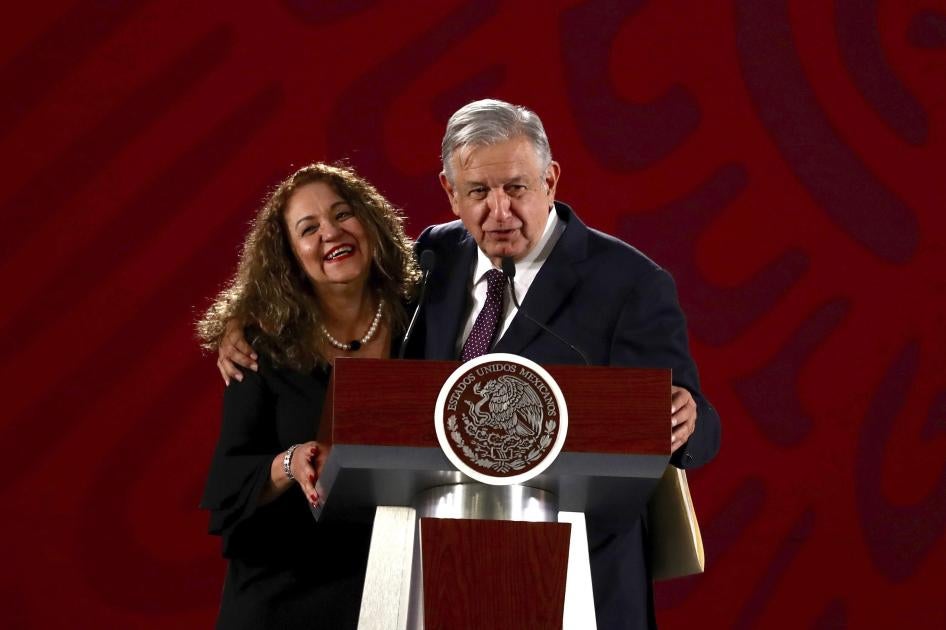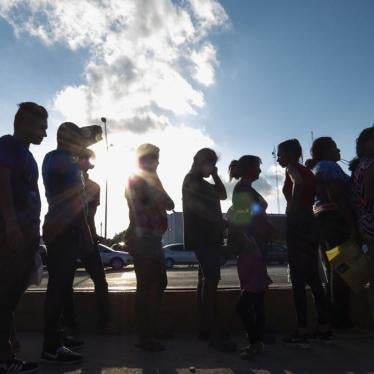On May 6, Mexican President Andrés Manuel López Obrador opened his daily morning news conference by expressing grave concern about the “virus that is spreading” in Mexico. Most viewers would think he was talking about Covid-19. He was not.
He was referring, instead, to what he called an “epidemic” of fake news and Twitter bots that he says have continually attacked his administration since he took office. The president said Facebook and Twitter should reveal who is behind the bots and organized social media smear campaigns that he alleged are operating in Mexico.
A few days later, an investigation by the NGO Article 19, the Mexican news website Aristegui News, and the Western Institute of Technology and Higher Education (ITESO) provided an answer to his question. The investigation revealed that the Mexican government’s own state news agency, Notimex, had created a network of bots and fake accounts, and was using them to attack prominent journalists, such as Dolia Estevez, who has served as the Washington, DC correspondent for many of Mexico’s leading media outlets, and Carmen Aristegui, founder of Aristegui news.
Much like his neighbor and ally, President Donald Trump, López Obrador attacks the media on a near-daily basis. He frequently dismisses legitimate questions or fact-based criticism as “fake news,” calls journalists “criminals,” and accuses media outlets of having been paid to “orchestrate a disinformation campaign” against him.
In one revealing exchange, López Obrador complained that the news magazine Proceso had not “behaved well,” adding that “the best journalists in Mexico’s history… all took a side” and supported “transformations”—implying that the press should support him. A reporter countered that the “role of the press is not to behave well” but “to inform.” On May 26, the president publicly threatened two major Mexican newspapers El Universal and Reforma, saying he “didn’t want to keep calling them out” but he urged them to “change their attitude, because if not, I’ll be forced to.” Many journalists who question López Obrador face attacks by social media troll gangs using hashtags like “prostituted press” and “corrupt press.”
Meanwhile, with Mexico’s Covid-19 daily death rates now among the highest in the world and still climbing, President López Obrador has decided to end social distancing measures and begin the “new normal.” On the day that the country surpassed 1,000 daily Covid-19 deaths, López Obrador was on a week-long trip to the Yucatán Peninsula, where he held events to celebrate the re-opening of tourism in Cancún and the continued construction of two of his pet projects: an oil refinery and a train in the jungle. One of his only mentions of Covid-19 was to accuse the national newspaper Reforma of attacking him by publishing the official Covid-19 death statistics released by the Health Ministry.
The Mexican government, under successive administrations, has had a terrible record on media freedom and this is not the first time it has been implicated in cyber-attacks on journalists. A 2017 investigation revealed that Mexican intelligence services had been extensively using the spyware program Pegasus to surveil many high-profile journalists and human rights defenders. Despite the ensuing scandal, WhatsApp and CitizensLab reported in October 2019 that the spyware program remained in use, though they didn’t identify the targets.
The president needs to take decisive steps to protect free speech, a fundamental pillar of democracy. He should start by immediately condemning and putting a stop to the social media attacks by his own government and calling for a full and impartial investigation into official involvement in the recently revealed bot attacks on journalists. If López Obrador doesn’t take these steps, he will send the message that attacks on the independent press are allowed and welcome on his watch.








